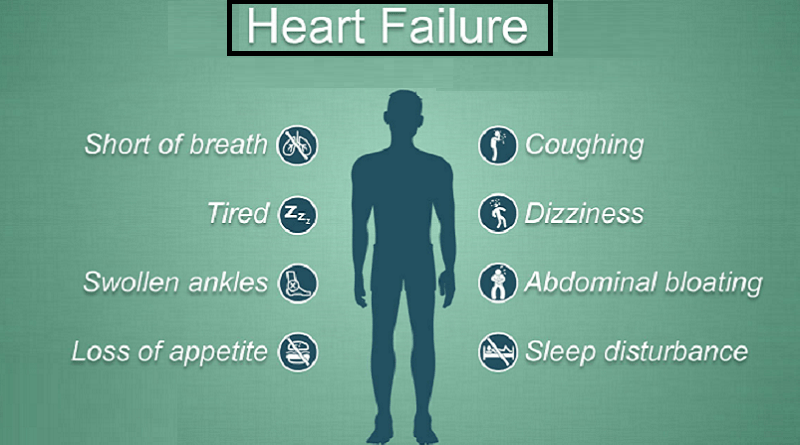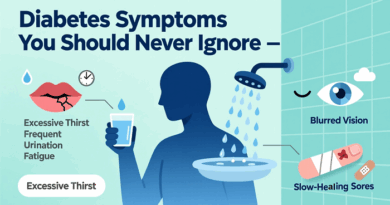Heart Failure Causes, Symptoms, and Treatment
Last Updated on 02/09/2026 by Helal Medical
Heart failure is a condition that affects millions of people worldwide, compromising the heart’s ability to perform its essential function. The heart, the main organ in the cardiovascular system, is responsible for pumping oxygen-rich blood throughout our body, supplying nutrients to our organs and tissues. Therefore it plays a role in our overall health and well-being. In this article, we will talk about heart failure, exploring its causes, symptoms, and available treatment options.
What is Heart Failure?
Before diving into the specifics, it’s important to understand what heart failure truly means. Contrary to popular belief, heart failure does not imply that the heart has stopped working completely. Rather, it refers to a chronic condition in which the heart is unable to pump blood efficiently, leading to a decrease in its overall effectiveness. This inefficiency can affect either the left side, the right side, or both sides of the heart.
Causes of Heart Failure
- Coronary Artery Disease (CAD):
One of the leading causes is CAD, a condition characterized by the narrowing or blockage of the coronary arteries that supply blood to the heart muscle. The reduced blood flow to the heart muscle can result in damage and weakened heart function. - High Blood Pressure (Hypertension):
Uncontrolled high blood pressure places significant strain on the heart, causing it to work harder to pump blood. Over time, this increased workload can lead to cardiac muscle damage and ultimately cardiac failure. - Cardiomyopathy:
This term encompasses various diseases that affect the heart muscle, making it stiff, thick, or weak. Conditions such as dilated cardiomyopathy, hypertrophic cardiomyopathy, and restrictive cardiomyopathy can all contribute to heart failure. - Heart Valve Problems:
The heart relies on four valves to ensure proper blood flow. If these valves become narrowed or leaky due to conditions like valvular stenosis or regurgitation, the heart’s ability to pump blood efficiently can be compromised, leading toits failure.
Symptoms
Early detection of heart failure symptoms is crucial for prompt medical intervention. Here are some common signs to watch out for:
- Shortness of Breath:
Difficulty breathing, particularly during physical activity or while lying down, is a typical symptom of heart failure. This occurs due to fluid buildup in the lungs, a result of the heart’s inability to effectively circulate blood. - Fatigue and Weakness:
As the heart’s pumping capacity diminishes, the body receives less oxygen and nutrients, resulting in feelings of tiredness, weakness, and reduced ability to perform regular activities. - Swelling and Edema:
Heart failure can lead to fluid retention, causing swelling in the legs, ankles, feet, and abdomen. The accumulation of fluid, known as edema, occurs due to the heart’s decreased ability to eliminate excess fluid. - Rapid or Irregular Heartbeat:
Heart palpitations, a racing heart, or irregular heartbeat can indicate an underlying issue with the heart’s electrical system, which may be associated with heart failure.
Treatment Options
- Lifestyle Changes:
Adopting a heart-healthy lifestyle is essential for managing heart failure. This includes maintaining a balanced diet low in sodium, engaging in regular exercise, managing stress levels, and abstaining from smoking and excessive alcohol consumption. - Medications:
Several medications can be prescribed to manage heart failure, including angiotensin-converting enzyme (ACE) inhibitors, beta-blockers, diuretics, and aldosterone antagonists. These medications help alleviate symptoms, improve heart function, and prevent further damage. - Medical Procedures:
In some cases, medical procedures may be necessary to treat heart failure. These can include coronary artery bypass grafting (CABG), heart valve repair or replacement, or implantation of devices such as pacemakers or implantable cardioverter-defibrillators (ICDs). - Heart Transplantation:
In severe cases where other treatment options have been exhausted, heart transplantation may be considered. This procedure involves replacing the diseased heart with a healthy donor heart.
Summary:
Heart failure is a complex condition that affects millions of individuals worldwide. Understanding its causes, recognizing its symptoms, and exploring the available treatment options are the steps toward managing this condition effectively. By adopting a healthy lifestyle, and seeking medical attention at the first signs of trouble, the quality of life for those living with heart failure can be improved.
If you suspect that you may have symptoms, Helalmedical can help, offering quick, private, and convenient testing options. You may contact us here: Facebook page.
Discover more from Helal Medical Manila
Subscribe to get the latest posts sent to your email.



